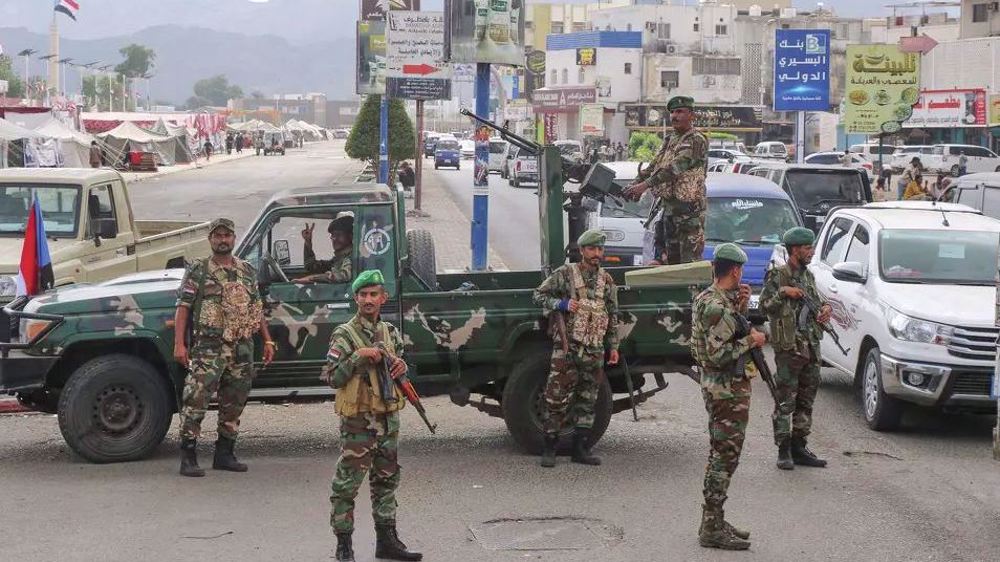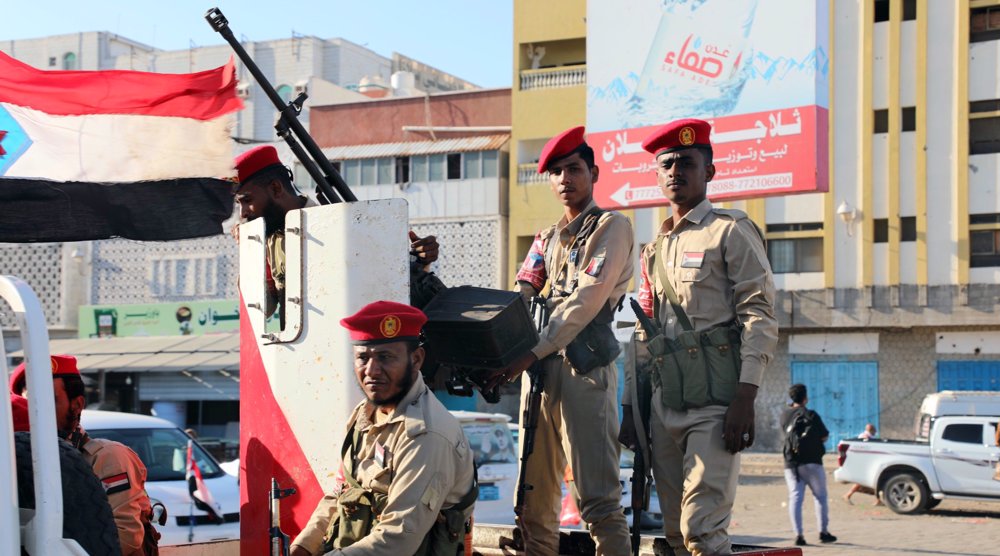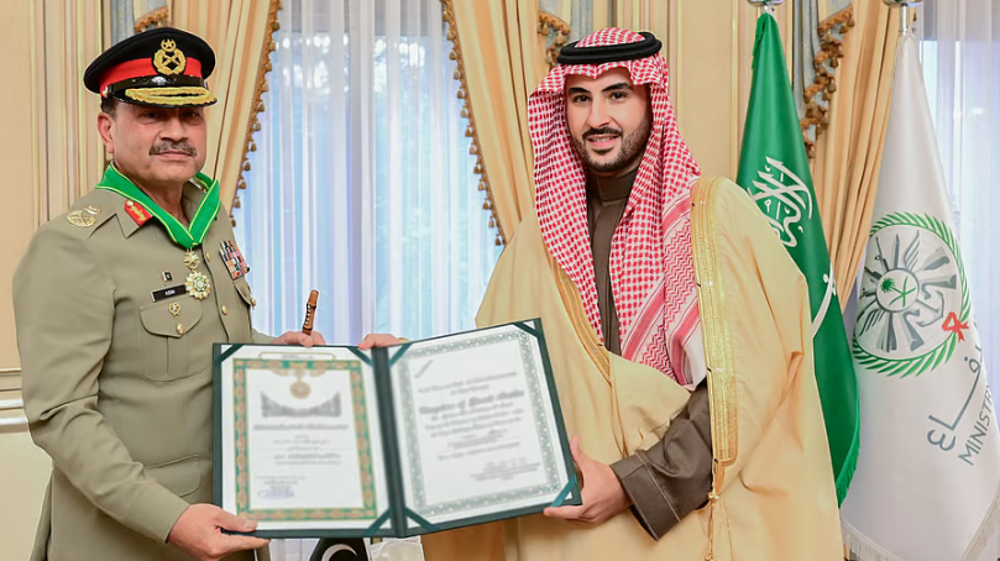S Arabia’s weapons imports lead surge in global arms sales: Report
A surge in purchasing weapons by Saudi Arabia helped push global arms sales up more than 10 percent last year, according to annual Global Defense Trade Report.
The consulting company, IHS Inc., in its Global Defense Trade Report published Sunday noted that arms imports by the Persian Gulf region’s Arab monarchy jumped from USD 6 billion in 2014 to USD 9.3 billion in 2015.
According to Ben Moores, a senior defense analyst at IHS who wrote the report, Saudi Arabia’s weapons purchases last year included Eurofighter Typhoon jets, F-15 warplanes and Apache helicopters, as well as precision-guided weapons, drones and surveillance equipment.
"The combined value of Saudi Arabia and the United Arab Emirates' defense imports is more than all of Western Europe's defense imports combined,” Moores said, adding, "Saudi Arabia's imports grew from six billion US dollars to 9.3 billion US dollars , an increase that is three times that of the entire sub-Saharan Africa market."
The report, which examines the defense market across 65 countries, said the arms market jumped to USD 65 billion in 2015, up by USD 6.6 billion from 2014, and is expected to hit USD 69 billion in 2016.
Moores noted that the United States, Britain and some other Western countries have largely benefited from the arms exports to the troubled Mideast region, adding, "The US, Canada, France and the UK are the main exporters of defense equipment to the Middle East and beneficiaries of this spending boom."

According to the figures released by the Campaign Against Arms Trade (CAAT) NGO in early January, the UK licensed the sales of over eight billion dollars of military hardware to Saudi Arabia since British Prime Minister David Cameron took office in May 2010.
The US and its allies have been under pressure to halt arms sales to Saudi Arabia which faces massive criticism from the international community for launching a violent war against the impoverished Yemen, its growing number of beheading and other forms of execution, cracking down on political dissidents and the most stunning atrocity of the mass execution of Shia cleric, Sheikh Nimr al-Nimr, and 46 other people.
In October last year, during an interview with the UK’s Channel 4, Cameron suggested that London’s “relationship” with Saudi Arabia supersedes its human rights record.
A recent report by the UN holds Riyadh responsible for 60 percent of child deaths and injuries in Yemen last Year.

The report attributed 510 child deaths and 667 injuries to Saudi aggression in Yemen.
More than 9,400 people have been killed and at least 16,000 others injured in Yemen since last March, when Saudi Arabia launched its military aggression against the country.
Riyadh has been backed by Egypt, Morocco, Jordan, the United Arab Emirates, Sudan, Kuwait, Qatar and Bahrain in the military campaign.
VIDEO | Venezuelans demonstrate in support of kidnapped president Nicolas Maduro
Venezuela’s independence, sovereignty ‘non-negotiable’: Ambassador to Iran
Kidnapped Maduro to appear in New York court with protests expected outside
Iran’s Judiciary chief warns rioters will face firm action without leniency
Monitor group: Israeli forces, settlers carried out nearly 24,000 attacks in 2025
VIDEO | American lawlessness: This time in Venezuela
Explainer: Why the United States incarcerates more people than any other country
VIDEO | Iranian security forces arrest Mossad agent operating among rioters
















 This makes it easy to access the Press TV website
This makes it easy to access the Press TV website